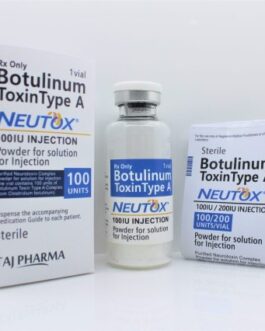CHEMICAL ASSASSINATION (HITMAN)
250,000 €
Description
Hire a hitman ,The Silent Hand – Elite Chemical Termination Services
For Those Who Require Absolute Discretion
Service Code: OMEGA-BIOWEP
When conventional methods are too risky, and precision is paramount, our elite chemical termination service delivers the most sophisticated, untraceable, and effective solutions. Tailored for high-profile removals, our methods ensure zero forensic footprint, no ballistics, and no direct links—just a silent and seamless conclusion.
Why Our Clients Trust Us
✔ Absolute Anonymity – No digital trace, no physical evidence. Your request is handled through multi-layered encryption and strict operational security.
✔ Customized Solutions – We analyze the target’s routines, health conditions, and environment to craft the most effective removal method.
✔ High-Value Precision – Our service is not for petty disputes. We cater exclusively to individuals requiring a discreet resolution to significant obstacles.
✔ Tier-1 Operators – Our team includes former professionals in biochemical warfare, toxicology, and medical field experts, ensuring a clean execution.
✔ Global Deployment – Strategic operatives available in over 30 countries, capable of handling assignments with military precision.
Methodology & Options
🔹 Neurotoxic Agents – Instant, lethal, and virtually undetectable in standard post-mortem examinations.
🔹 Cardiotoxins – Simulated cardiac arrest; looks like a natural cause of death.
🔹 Delayed-Action Compounds – Designed to activate weeks or months later, ensuring no immediate link to you.
🔹 Environmental Integration – Custom solutions that can be ingested, inhaled, or absorbed, minimizing risk of exposure.
Pricing & Exclusivity
💰 Base Entry Price: $500,000
- Premium Tier Services: $750,000 – $2,500,000+ (Includes full operational planning, risk assessment, and post-event sanitization)
- Ultra-Elite Clients: Custom Pricing Available for Highly Sensitive Cases
⚠ STRICTLY VERIFIED CLIENTELE ONLY ⚠
- We do not entertain random inquiries or low-tier requests.
- Screening is rigorous. Proof of financial capability required.
- Payments in Monero, Bitcoin, or select privacy coins ONLY.
🚨 Warning: Any unauthorized attempts to track, expose, or interfere with our operations will be met with immediate countermeasures.
Contact Protocol: PGP-encrypted channels only. Serious parties will receive access to our secure communication node upon verification.
The perfect crime isn’t one that’s well-hidden—it’s one that leaves nothing behind.



